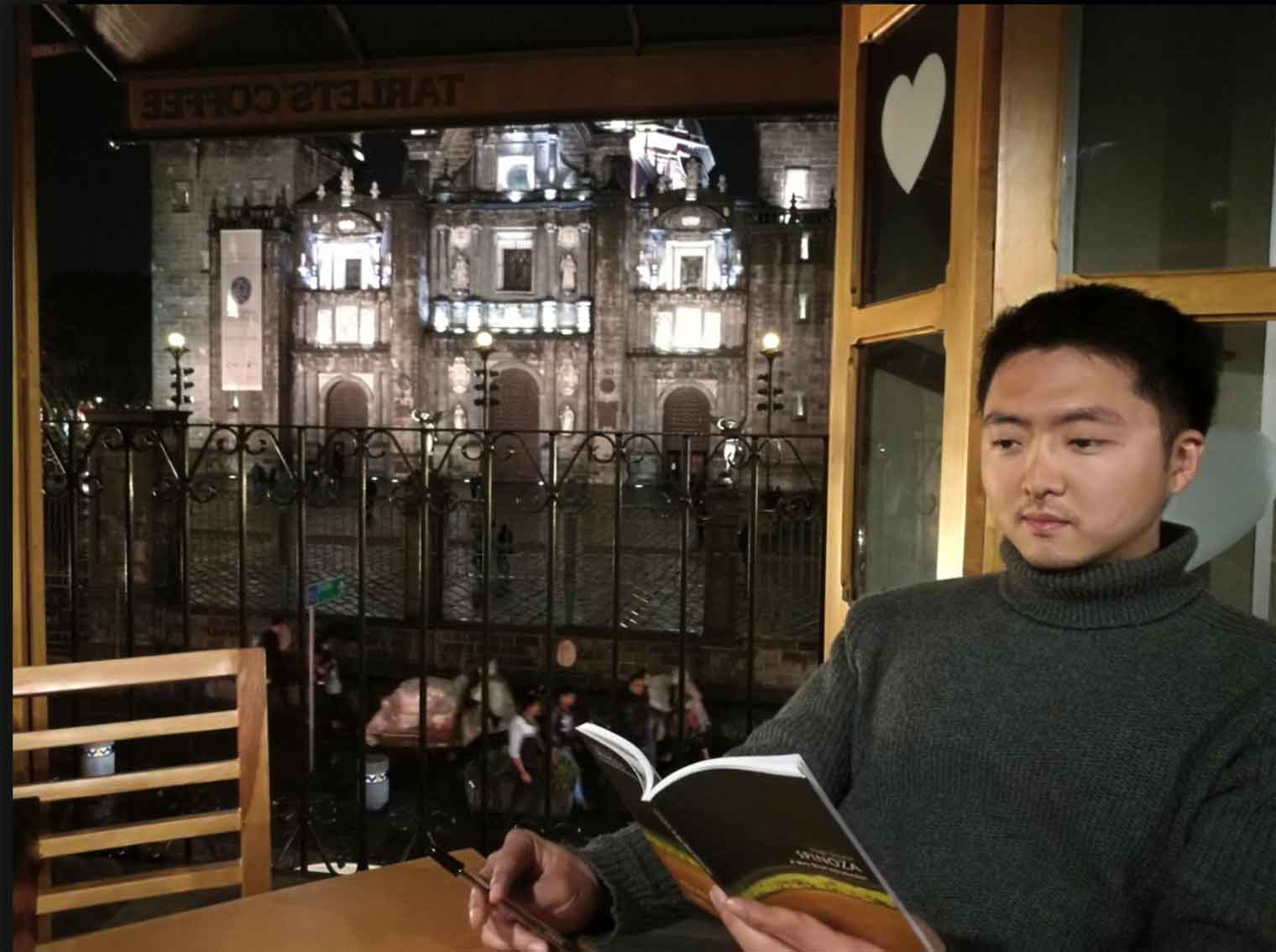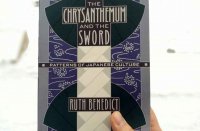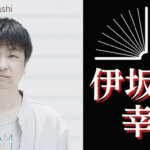
TORJA’s weekly book review column seeks to present readers with ways to read Japanese literature. From contemporary works to classics, TORJA’s book reviewers, will provide readers with analyses, overviews, as well as pinpoint what one can get out of investing time in a given book. Maybe reading outside one’s comfort zone brings with it a kind unease and reading older texts might seem unfashionable, perhaps even a waste of time (like how one feels reading Beowulf in first-year lit). But TORJA believes that, throukurejittogh reading writers from different writing traditions and cultural backgrounds, one can come to understand one’s own surroundings better, become more aware of where the self is situated in the world. “If you only read the books that everyone else is reading, you can only think what everyone else is thinking” (Haruki Murakami, Norwegian Wood, 1987).
Our book review series seeks to present a way of reading old and new pieces of literature from Japan (and perhaps even literature from different parts of the world that were influenced by ((or influenced)) contemporary/classic Japanese lit. After all, categories are meant to be challenged. “[One should] make use of a category that can be called into question, made to account for what it excludes (Judith Butler, To Theorize as Lesbian in Imitation and Gender Insubordination, 2009).
TORJA wants to present a way of reading that is unintimidating. Instead of trying to convince one to purchase the book, our book reviews seek to answer a simple yet quintessential question: what it means to read a book here and now?

Kevin Jae
Kevin is an anthropologist and autodidactic learner and polyglot who is interested in literature as a text from a particular cultural moment. He is interested in literary texts as an entryway into cultural understanding. Check out his bookstagram at: https://www.instagram.com/jaezhuu/















































